An information content entity that is a collection of other information content entities that has been created to identify or annotate things in a specified domain, and where the intention of its creators is that the collection has a one-to-one correspondence with those things.
This is just here as a test because I lose it
Term information
comment
Does not imply absence vs. presence of any taxonomy.
For each given domain, there can potentially exist multiple code sets. The multiplicity of code sets is partially due to the different specific purposes of those code sets.
Many code sets are created for a specific purpose in addition to merely identifying or annotating core ideas of a specified domain.
Does not imply that aggregated entities denote particulars, universals, or defined classes (a.k.a. attributive collections) or even that they denote only one of these three types of entities.
The information content entities do not denote each other.
Each aggregated entity is often (but not necessarily) associated with a text string—variously called a “description,” “name,” “title,” or “label”—that helps humans reach the target of denotation.
When there is no such string, it is almost always because the entities take the form of human language words. For example, a “sex” or “gender” code set could contain “MALE” and “FEMALE,” or even “M” and “F” (by convention, we understand what these mean).
Code sets might include non-entities/things (e.g. missing thumbs).
For National Drug Codes (NDCs) and similar code sets, there doesn’t even have to be a single, fully-concretized copy somewhere (for example, for NDCs there is no centralized database or repository where they all live as one instance of concretization of code set). The code set can be “distributively” concretized. This seems like an unusual exception, but it also likely applies to Universal Product Codes (UPCs) and their follow on Global Trade Item Numbers (GTINs).

